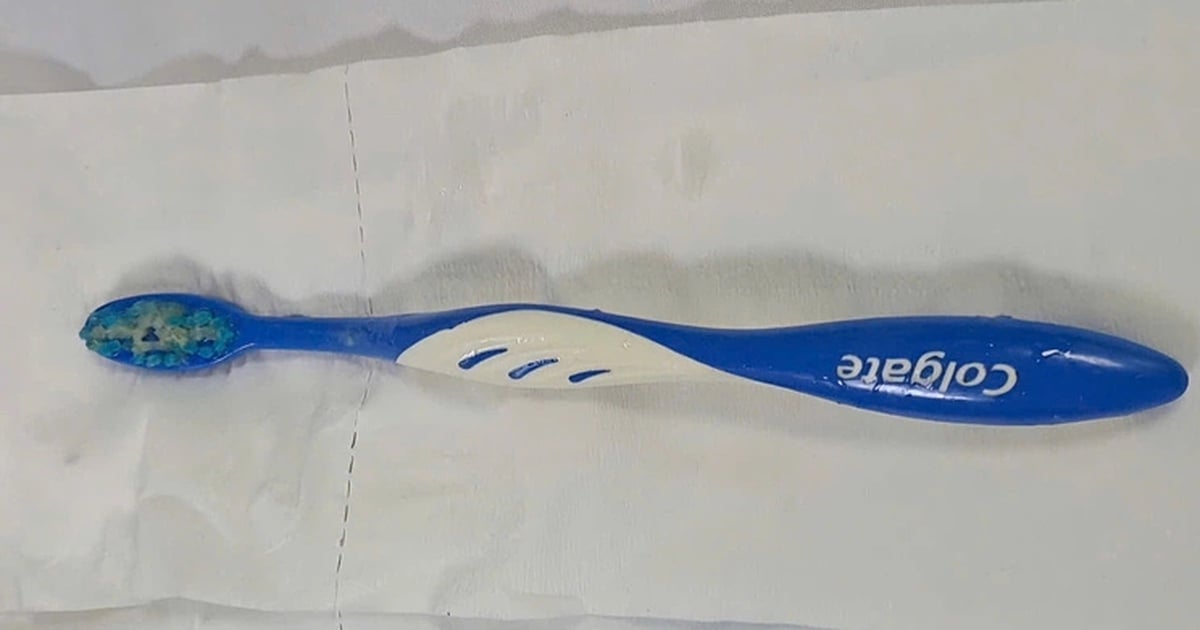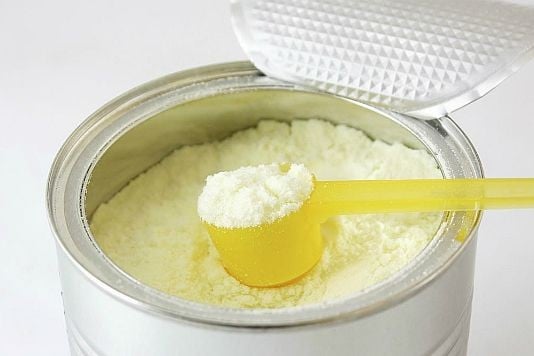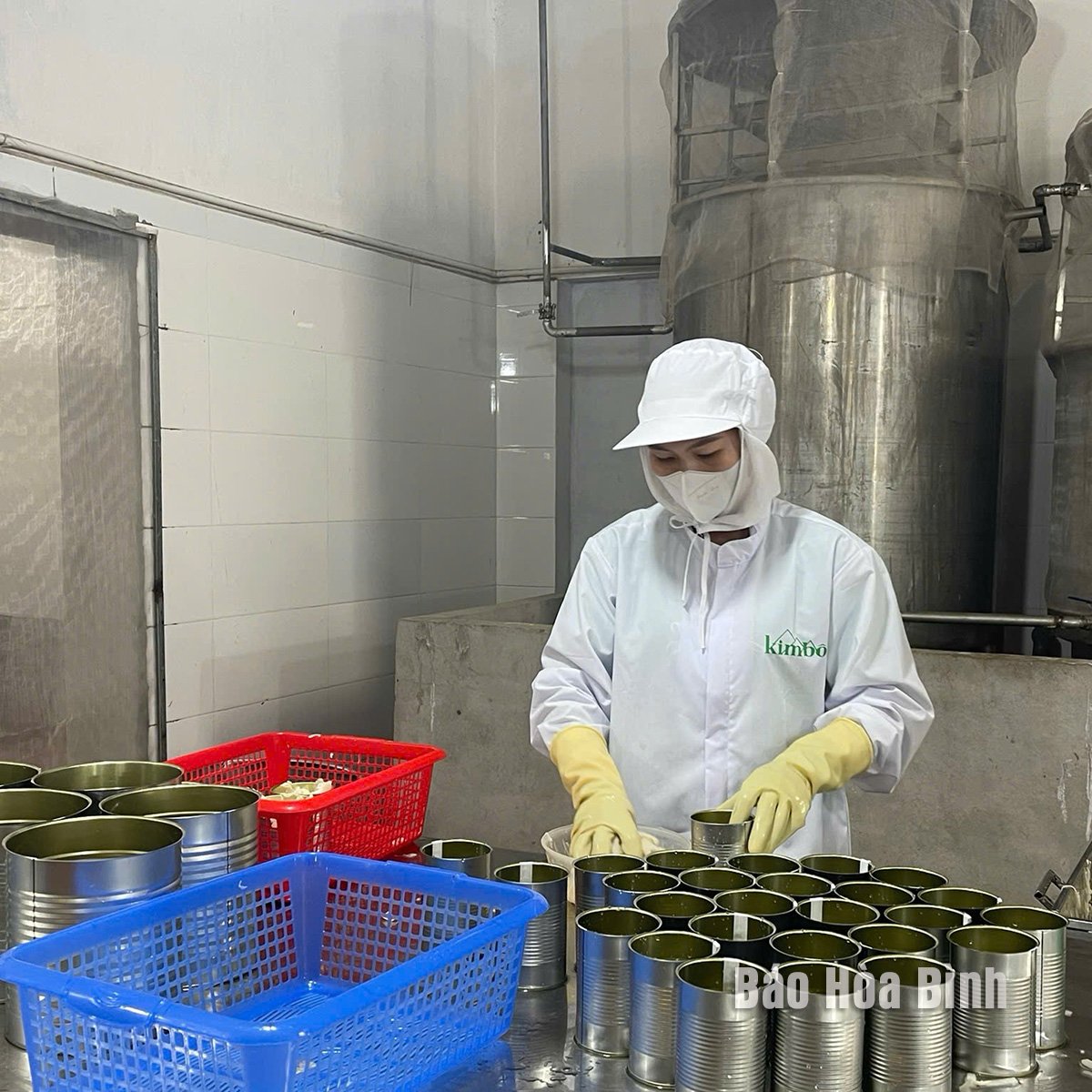In fact, many people commit petty theft even though they are not economically disadvantaged or steal for no financial gain.

Kleptomania, also known as kleptomania, is a psychological disorder - Illustration photo
What is kleptomania?
Sharing with Tuoi Tre Online , psychologist Nguyen Ngoc Hoang, a member of the Vietnam Psychology Association, said that kleptomania, also known as kleptomania, is a psychological disorder that causes the patient to feel an uncontrollable need to take unnecessary items, often not for personal or financial gain.
This is a form of behavioral disorder, not theft for financial purposes but often related to satisfying psychological needs or feelings of satisfaction when performing this action.
According to this psychologist, the psychology of kleptomania is explained by the following issues:
- Lack of self-control : People with this syndrome often have a strong desire to steal, but they also feel anxiety and tension before acting.
This shows a lack of self-control, and the act of stealing is actually a way to relieve feelings of stress or anxiety in the mind.
- Psychological stimulation and satisfaction : After obtaining the object, the person with Kleptomania feels a psychological satisfaction or "euphoria".
It is not the satisfaction from owning the object but the satisfaction from committing the act of stealing, which can help them feel a temporary release of stress.
- Emotional issues and deprivation : Some research suggests that people with this syndrome may be dealing with unresolved emotional issues, such as feelings of emotional deprivation, feeling unappreciated, or feelings of loss.
The act of stealing can be seen as a way for them to fill these voids in their lives.
- Association with other psychological disorders : Kleptomania may coexist with other disorders such as anxiety disorders, depression, or impulse control disorders.
Usually, petty theft is not committed for material gain but because of a strong psychological urge.
- Self-blame and guilt : After stealing, the patient often feels guilty and ashamed. They know that their actions are wrong but cannot control this impulse, causing an internal conflict between psychological needs and moral awareness.
Is kleptomania a disease or a habit?
According to psychologist Ngoc Hoang, Kleptomania syndrome is not simply a habit but actually a serious psychological disorder (pathology).
This is a disorder in the group of impulse control disorders where the person cannot control the urge to steal objects, even when they are aware that this action is wrong or there is no practical benefit from stealing.
So when is petty theft a disease? According to psychologist Hoang, there are many factors to determine petty theft as a disease, not just the simple act of petty theft.
- Impulse control : The patient cannot stop the urge to steal, even though they know this action is wrong and can lead to negative consequences.
- Negative impact on life : This syndrome causes serious disruption in different areas of life, including work, relationships, and social life of the patient. The patient often feels ashamed, guilty and can lead to legal problems.
- Difficulty changing behavior: Even though people with Kleptomania are aware that their actions are wrong, they still cannot control their urges. This is different from habits, where a person can decide to change the habit if they want to.
How to treat kleptomania?
According to this psychologist, to treat this syndrome, it is necessary to combine many methods such as:
- Cognitive behavioral therapy (CBT ): Helps patients become aware of the incorrect thoughts and feelings that lead to stealing, thereby changing behavior.
- Medications: Certain medications, especially anti-anxiety and anti-depressant medications, can help reduce the urge to steal.
- Psychological support : A specialist can help patients deal with deep-seated psychological problems or unresolved emotional issues.
Source: https://tuoitre.vn/giau-van-an-cap-vat-thoi-quen-hay-benh-ly-20250207102350138.htm


![[Photo] National Assembly Chairman Tran Thanh Man attends the summary of the organization of the Conference of the Executive Committee of the Francophone Parliamentary Union](https://vstatic.vietnam.vn/vietnam/resource/IMAGE/2025/4/15/fe022fef73d0431ab6cfc1570af598ac)
![[Photo] Ho Chi Minh City after 50 years of national reunification through buildings and symbols](https://vstatic.vietnam.vn/vietnam/resource/IMAGE/2025/4/15/a224d0b8e489457f889bdb1eee7fa7b4)
![[Photo] General Secretary To Lam meets with veteran revolutionary cadres, meritorious people, and exemplary policy families](https://vstatic.vietnam.vn/vietnam/resource/IMAGE/2025/4/15/7363ba75eb3c4a9e8241b65163176f63)
![[Photo] Air Force actively practices for the April 30th celebration](https://vstatic.vietnam.vn/vietnam/resource/IMAGE/2025/4/15/16fdec3e42734691954b853c00a7ce01)
![[Photo] Welcoming ceremony for Prime Minister of the Federal Democratic Republic of Ethiopia Abiy Ahmed Ali and his wife](https://vstatic.vietnam.vn/vietnam/resource/IMAGE/2025/4/15/77c08dcbe52c42e2ac01c322fe86e78b)
























































































Comment (0)